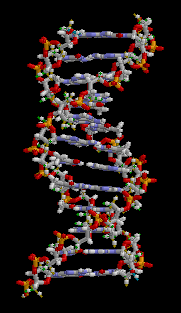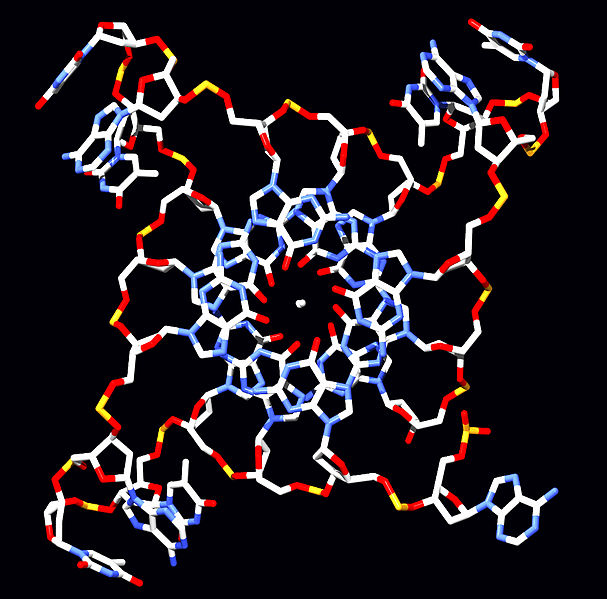TelomereClub.com
Welcome to TelomereClub.com
Hangout for the long-lived.
Coming soon: rss, articles, forum, etc
Telomeres, Telomerase, Hayflick Limit


Once the telomeres are depleted, due to the cell dividing many times, it will no longer divide having reached its Hayflick limit.
The Hayflick limit (or Hayflick phenomenon) is the number of times a normal human cell population will divide until cell division stops. Empirical evidence shows that the telomeres associated with each cell’s DNA will get slightly shorter with each new cell division until they shorten to a critical length.
Each mitosis (cell division) slightly shortens each of the telomeres on the DNA of the cells. Telomere shortening in humans eventually makes cell division impossible, and this aging of the cell population appears to correlate with the overall physical aging of the human body.
Many aging-related diseases are linked to shortened telomeres. Organs deteriorate as more and more of their cells die off or enter cellular senescence.
Natural maintenance of the length of the telomeric region appears to prevent genomic instability and helps to curb the development of cell mutations that may lead to cancer.
Advocates of human life extension promote the idea of lengthening the telomeres in certain cells through temporary activation of telomerase (by drugs), or possibly permanently by gene therapy. They reason that this would extend human life because it would extend the Hayflick limit. So far these ideas have not been proven in humans, but it has been demonstrated that telomere extension has successfully reversed some signs of aging in laboratory mice.
|
|
Studies
Lifespan Studies
A study that focused on Ashkenazi Jews found that those that live the longest inherit a hyperactive version of telomerase that rebuilds telomeres.
A 2012 study reported that introducing the TERT gene into healthy one-year-old mice using an engineered adeno-associated virus led to a 24% increase in lifespan, without any increase in cancer.
|
Trivia:
• The telomeres in a mans sperm get longer the older he gets, and this means his offspring will have longer telomeres.
|
|
Telomerase Activators and Telomerase Inhibitors
Telomerase Activators/Protectors
• Omega 3 (Fish Oil)
• Vitamin D3 (Fish Oil)
• Vitamin E (Sunflower Oil, Safflower Oil)
• Resveratrol (Red Wine, Peanuts)
• EGCG (Green Tea)
• Silymarin
• Melatonin
• Astragalus
• L-carnosine
|
Telomerase Inhibitors (in cancer cells)
• Omega 3 (Fish Oil)
• Vitamin D3 (Fish Oil)
• Vitamin E (Sunflower Oil, Safflower Oil)
• Resveratrol (Red Wine, Peanuts)
• EGCG (Green Tea)
• Silymarin
• Melatonin
• Curcumin
• Cacao (Chocolate)
• Allicin (Garlic)
• Quercetin (Green Tea)
|
|
|